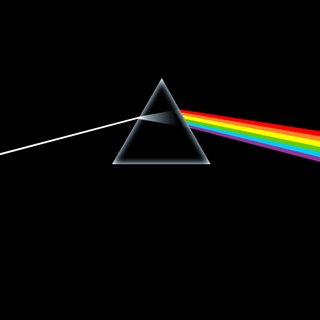http://www.eurozine.com/articles/2006-06-14-ochser-en.html"In many respects, though, sport is a theatrical simulacrum of the socio-economic system that imbues it with such undeserved significance. And in this way, the Latvian obsession with ice hockey reflects their obsession with appearances over reality. The team plays their roles as professional competitors. The fans play their roles as active spectators. The puck plays its role as reified value. And who wins in this scheme of things? That question really isn't worth answering."
Is this piece humourless? Perhaps. Let's begin with the clumsily conceived term "theatrical simulacum", which is at once redundant and obfuscating. If theatrical has already been set out, pulling out simulacrum is a tad excessive. Theatrical implies that the sport is somehow orchestrated and rehearsed and unfolds according to script, a liberal-capitalist script at that. Isn't that a rather crude analogy? What about improvisation? Changing on the fly? Picking off a pass up the middle and walking in to shelf the OT winner? The underdog team pulling a thrilling comeback victory through fierce forechecking, shotblocking, and transition break outs? The brilliant spontaneity of the game is not considered - evident in hockey, even more so than almost any other sport, because - well - sport is simply a spectator distraction according to Ochser.
True, fanaticism - i.e. hooliganism - such as that displayed by the Latvian fans who tossed all sorts of rubbish on the ice when their team were playing Team Canada is demonstrative of passion gone astray. It is indicative of the distraction becoming hyperreal, when the distraction simply exacerbate the baser individualizing impulses of people. But, time and time again, it has been proven that hooligans do not represent the actions of the majority of fans. The emptiness and valuelessness Oscher so easily ascribes to the sport of hockey is to be expected though. The checklist of modern cultural critiques can be ticked off easily. Violent? Sure, sometimes. Overt masculinity? Check. Commercialised? Yeah, hockey leagues need to make money too. Chasing after a "reified value"? Of course, so does basketball, football, baseball, rugby, and so on. Then again, isn't the reified value of the critic the appearance of boredom? Truly a chase for ever greater disinterest.
I appreciate hockey precisely because it makes no claim to aristocracy. It is not the sport of kings, like horse racing. It was a sport, at least in Canada, born on the ponds or home made rink on the farm. It was a sport played by labourers after work, by kids after school. Hockey is a social event, as participants or as fans. It is where people come together, rally around a sense of community. Sure, some may say it is an artificial source of community. But surely it is not a hollow one. It is a space for meeting - yes, for leisure and pleasure, but also to allow fellowship between people to develop and flourish. Hockey is something that is shared. As a Canadian, I know I share in the experience of hockey with others. The contention that sport is simply a simulacrum of a socio-economic system attempts a pseudo-Marxist flourish, borrowing "po-mo" phrases in the process, without thinking how the meeting of fans for a sporting event may bring about spontaneous encounters, to build relationships to deal with the larger and "serious" issues.
Tim Ochser provides an intellectual reflection on why hockey doesn't do it for him. That is fine. But it reveals the perspective he is writing from. It is from above, at least it is a perspective that wishes to be above. It is a space the critic so desperately wants to occupy. But in the process of critique, he neglects to consider that maybe, just maybe, the passion of Latvian fans invested in a supposed "hollow and empty", therefore insignificant, endeavour such as hockey fandom grows friendship and fellowship, the base upon which more substantive engagement comes to being.


